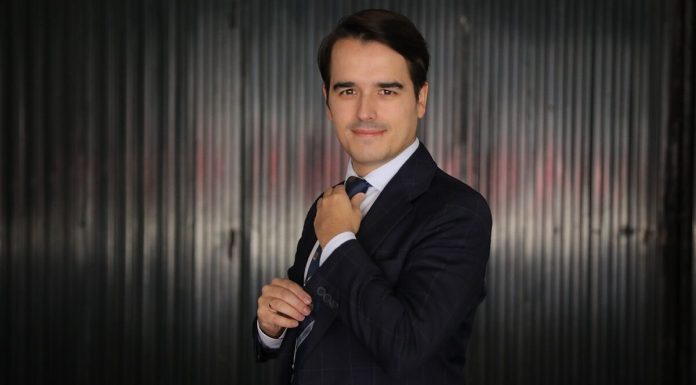By Johan Nissinen, a Swedish Member of the European Parliament and former Member of the Swedish Parliament (ECR – SD)
A massive wave of anti-gay hatred is currently rolling across parts of Africa, with many countries not only discussing further tightening of already harsh anti-gay laws, but implementing them in the most extreme manner, – that is to say capital punishment. Not only are homosexual acts already punishable by law in 32 African countries, but the clear trend is moving towards banning any expression of such feelings or merely coming out as a gay, lesbian or bi. Hence half of all countries in the world with such laws directed against these basic human rights are in Africa, and there are no signs that this flood of enmity towards already targeted people is about to reverse. On the contrary, in the last years, we definitely see it growing at an alarming pace. The clock is being rolled back.
Uganda Pres Yoweri Museveni, calls on Africa to "save the world from homosexuality" – https://t.co/RlijuBhkDw
— Temba B. Hove (@BigTimmz) April 4, 2023
Uganda is serving as a particularly sad and shocking example. Parliament in Kampala recently passed a bill with only two dissenting votes that would turn the harsh and severe anti-gay laws into draconic and violent ones, only to be surpassed in this field by a theocratic regime such as the Islamic Republic of Iran.
In Uganda, homosexual acts are already punishable by life imprisonment, but if President Museveni signs the new legislation, in some cases, homosexuals may also face the death penalty, identifying as a homosexual gets you a 10-year prison sentence, providing legal or medical aid, or merely providing shelter, will be sanctioned with the same amount of jail time.
“Homosexuals are a deviation from the norm,” says President Yoweri Museveni, 78 years of age and permanently in power since 1986. He recently, in 2021, got “re-elected” in the “most free elections since independence” while his opponent Bobi Wine was captured and tortured. Of course, his son is waiting in the wings, having stepped down as army general last week in order to inherit his father’s office.
President Museveni Responds on the Homosexual Bill pic.twitter.com/LtfTg09KZw
— African (@ali_naka) March 29, 2023
For now, only the President’s pending signature stands between this existing nightmare and its even more sinister and brutal version. He has the legal power to veto it, but he faces enormous political pressure from parliament and sadly lacks almost any support against this piece of legislation from society. He has previously communicated his inclination in favour of the proposal, but he has also mentioned his worries that this bill could endanger relations with the West.
Uganda receives more than 2 billion euro of EU foreign aid
It is precisely here, where a door of opportunity opens: the endangered relations, that is to say foreign aid is at stake. This foreign aid – directly and indirectly – provides a substantial share of the Ugandan budget. In total, we speak of roughly 2.5 Billion Euros, provided by OECD members. A large share, almost a billion Euros are being paid by the United States, also through a military partnership, but the European Union and its member states wire a similar amount to Kampala.
To carefully watch that this “aid” functions as aid is not only our duty to the citizens of Uganda but also to our taxpayers. The resources we provide are there to support the development of a democratic society and not to pamper autocratic dynastic regimes. Our euros should not be spent in order to oppress peaceful citizens and infringe on their human rights, or looking to Uganda’s proximity – support governments that are actively waging wars against their neighbours or their own citizens.
A staggering lack of differentiation leaves us aghast when the numbers show, that autocratic and democratic, peaceful and warmongering states receive on average the same amount of “aid”. Some principal requirements, such as democratic standards or basic protection of individual rights, are not too much to ask for. In the case of Uganda and her imminent grotesque example of human rights violation, we should precisely and clearly communicate that our support is not unconditional. This piece of legislation should be marked with a warning sign in Euros, that’s the least we can to do to help.
Given developments around the globe, not only in Africa, the question arises as to whether we should impose stricter aid requirements or to be a little bit more blunt: to start with imposing any requirements at all. Bearing in mind that Ugandan President Museveni has already expressed his worries, Uganda can and should serve as a good example and a starting point for aid that deserve its name.
Disclaimer: www.BrusselsReport.eu will under no circumstance be held legally responsible or liable for the content of any article appearing on the website, as only the author of an article is legally responsible for that, also in accordance with the terms of use.













